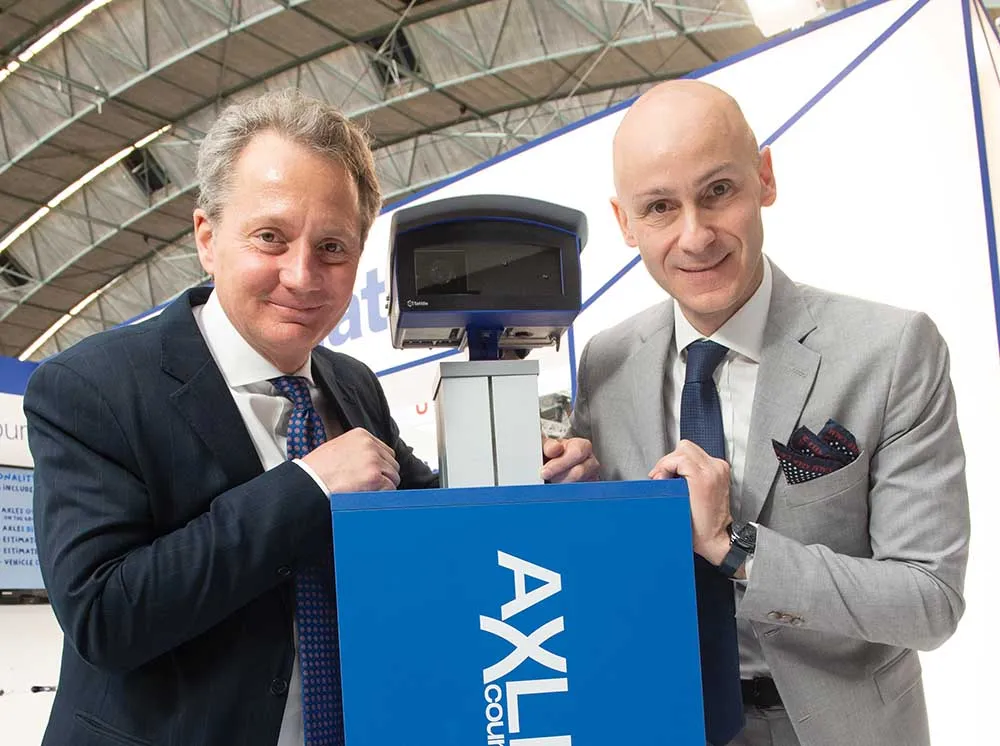
The European Transport Safety Council is calling for the mandatory fitting of intelligent seat belt reminders, intelligent speed assistance and automatic lane departure warnings to all new vehicles sold in the EU. These are the latest of many systems introduced to improve vehicle safety and while technology can combat specific hazards, technology alone is not the answer. If it was, then the 60% of those killed in EU motorway collisions that were not wearing a seat belt, would have been wearing one and may have survived.
The technology was there, the humans just ignored it.
The most dangerous thing to tell any driver is that a vehicle is ‘safe’. To do so diminishes (or even removes) any concept that drivers will suffer the consequences of their own shortcomings and instead replaces it with a belief that ‘the car will protect me from me’.
So what might young, inexperienced or inattentive drivers make of an automatic lane departure warning system? Will they say ‘it reminds me to use the indicators’ or is it more likely they will think ‘it makes texting while driving safe because it alerts me when I wander out of the lane’.
Pedestrians, cyclists and other road users beware.
Every additional vehicle safety feature removes the driver further from reality, lulling them into a false sense of security that the systems cannot possibly deliver.
Collectively they send out the message: ‘the car will compensate for the driver’s inadequacies’. But that need not be the case. Instead let it be known that the car will count and record the driver’s inadequacies - data that is already stored in the various onboard systems.
So if it is to require these additional safety features, let the EU also specify a counter on the dashboard which displays how many times ABS, lane keeping and other safety systems have been invoked. Not only would this remind drivers of their fallibility, it would also help pinpoint poor drivers be they inexperienced, elderly or simply reckless.
Now that really would promote road safety.










